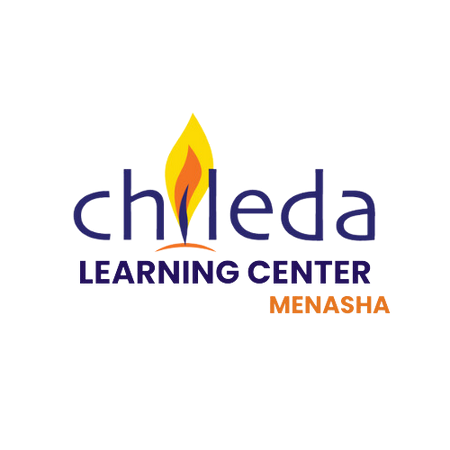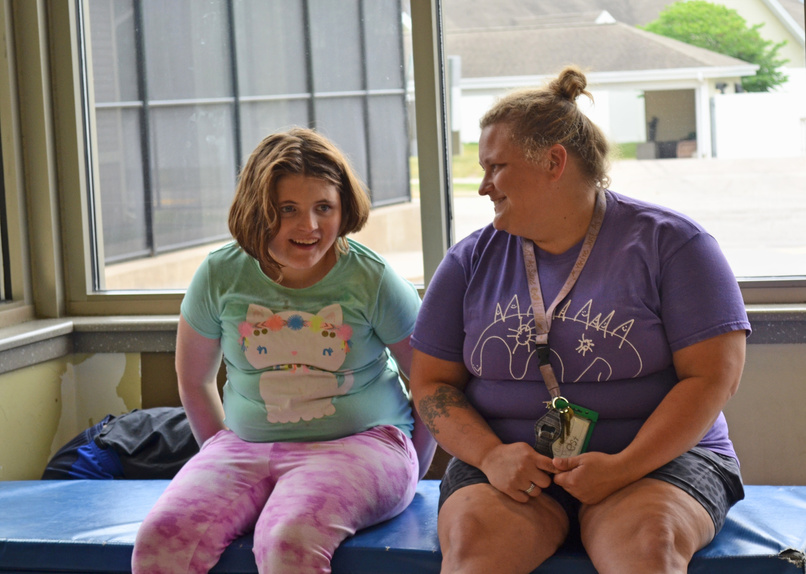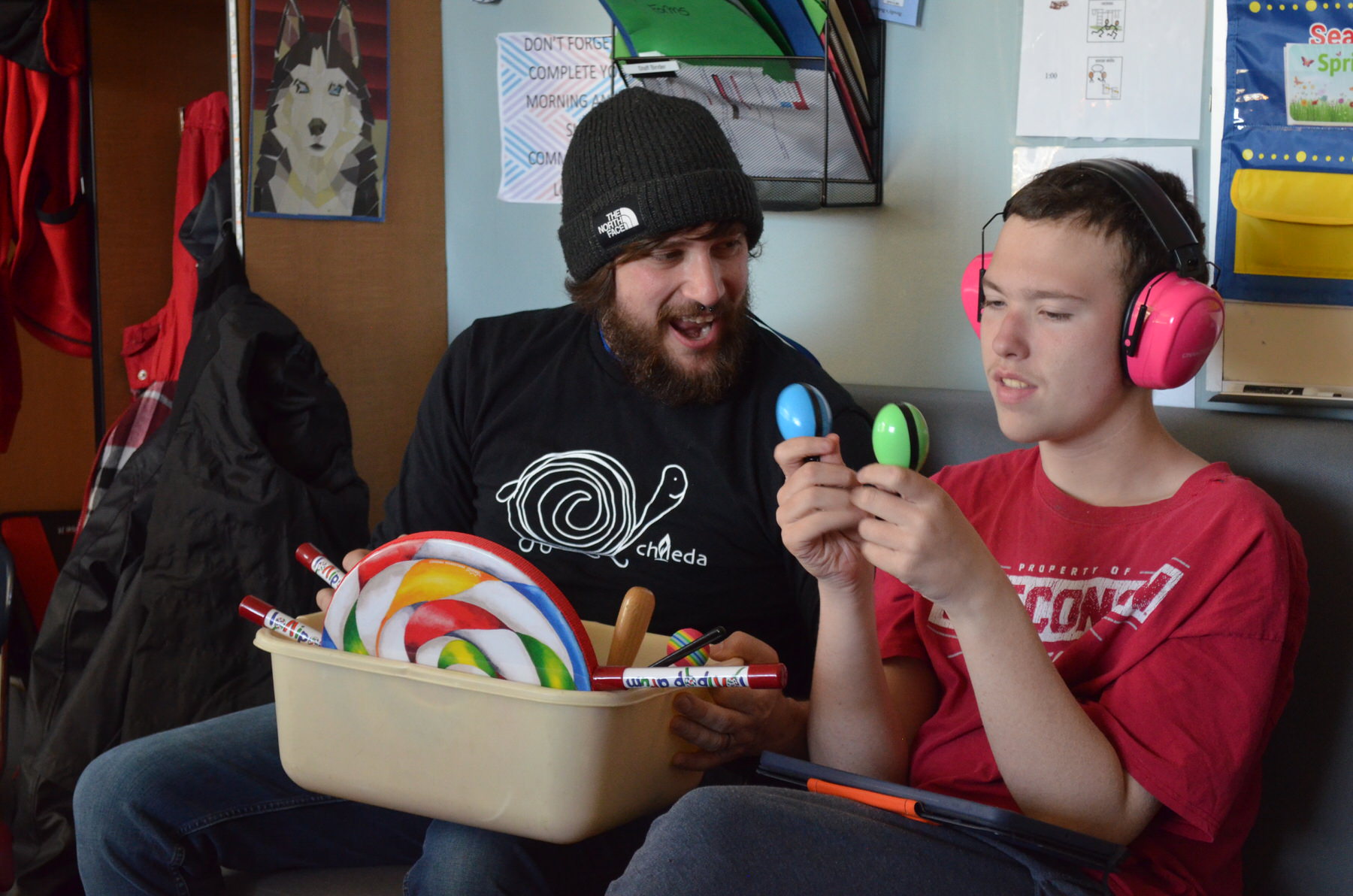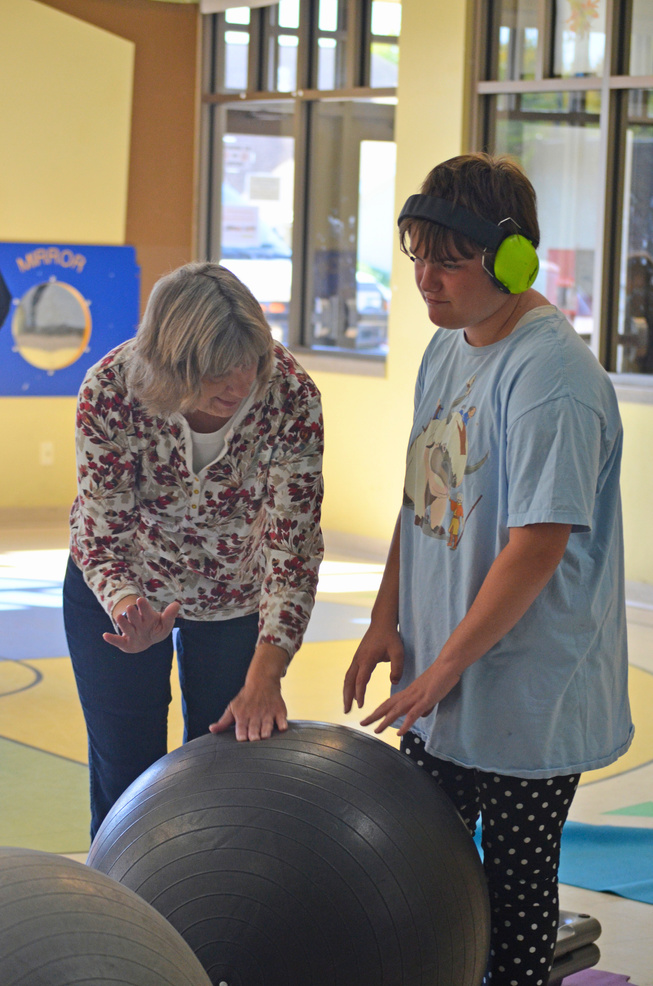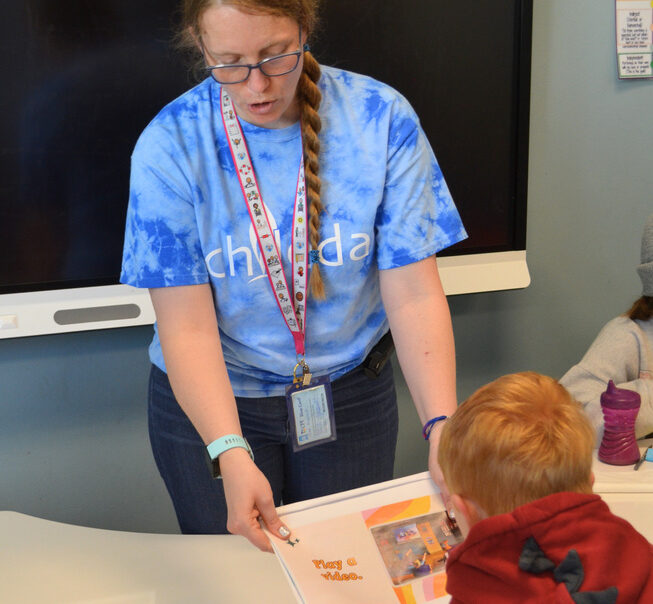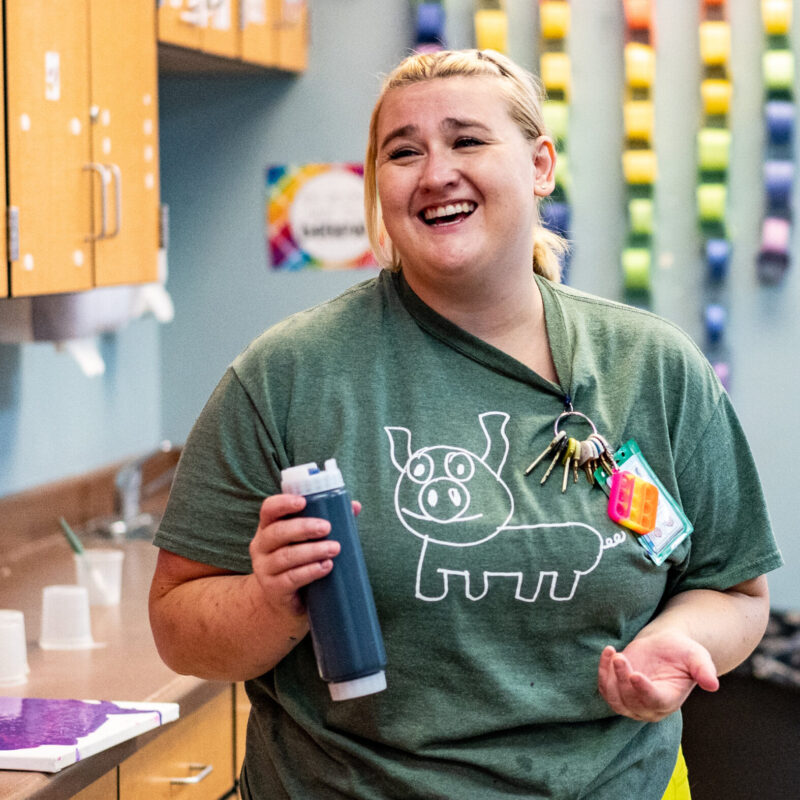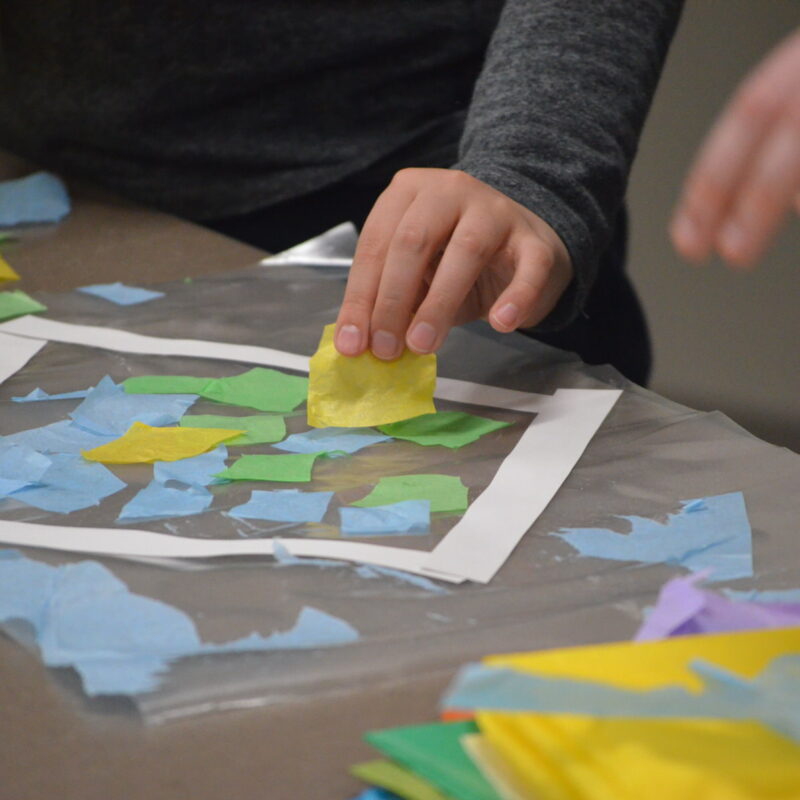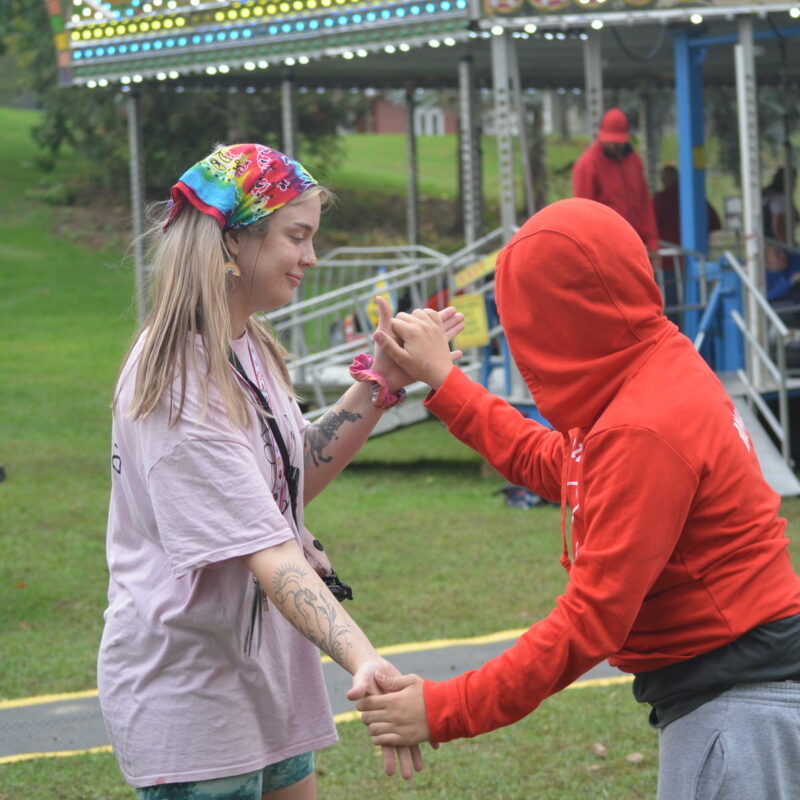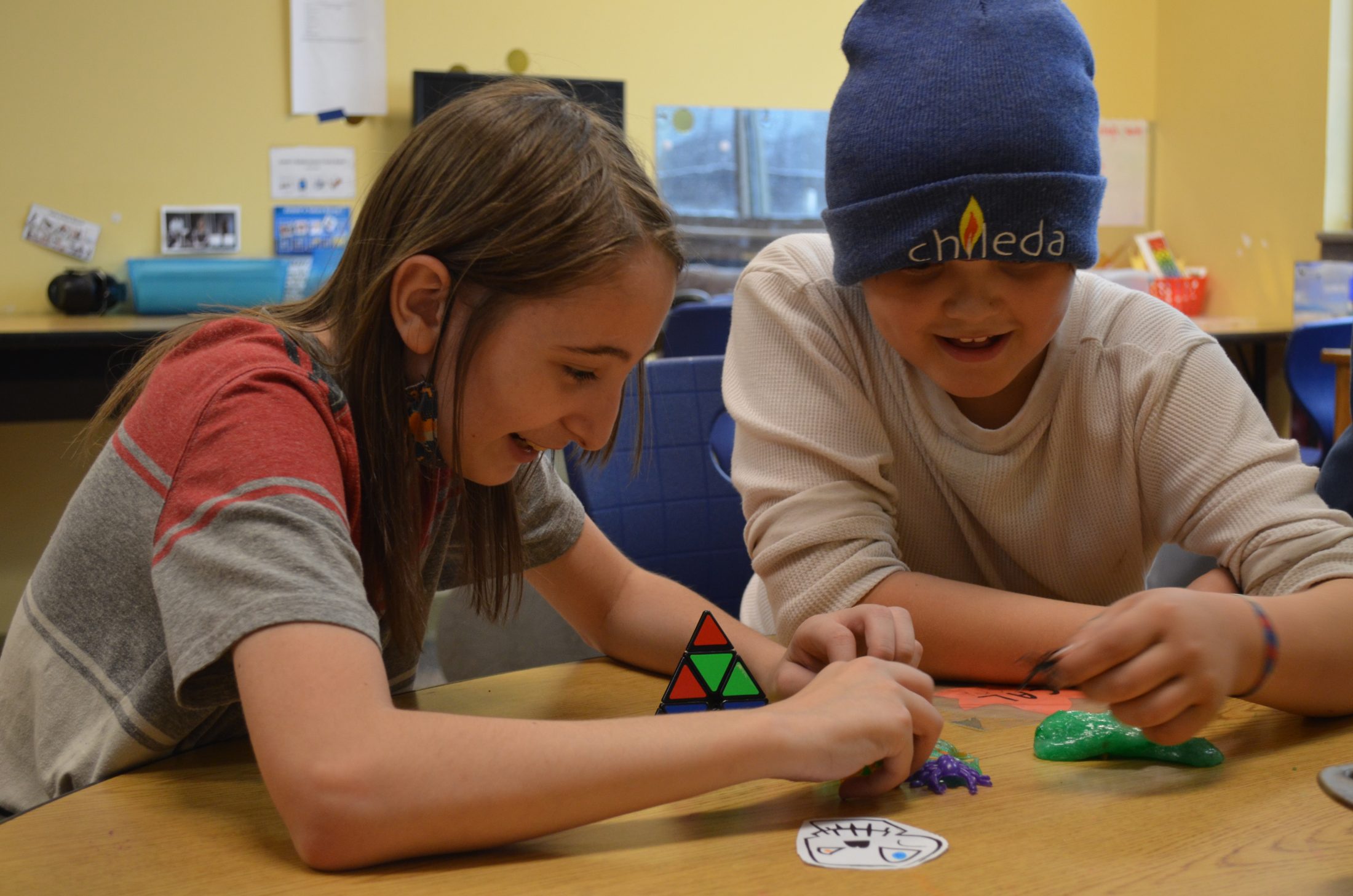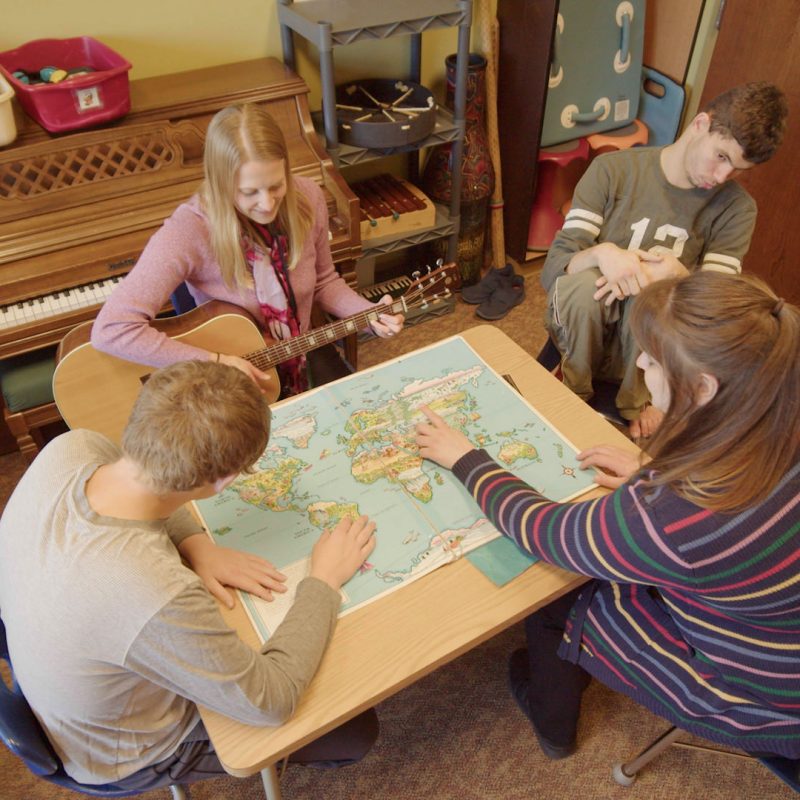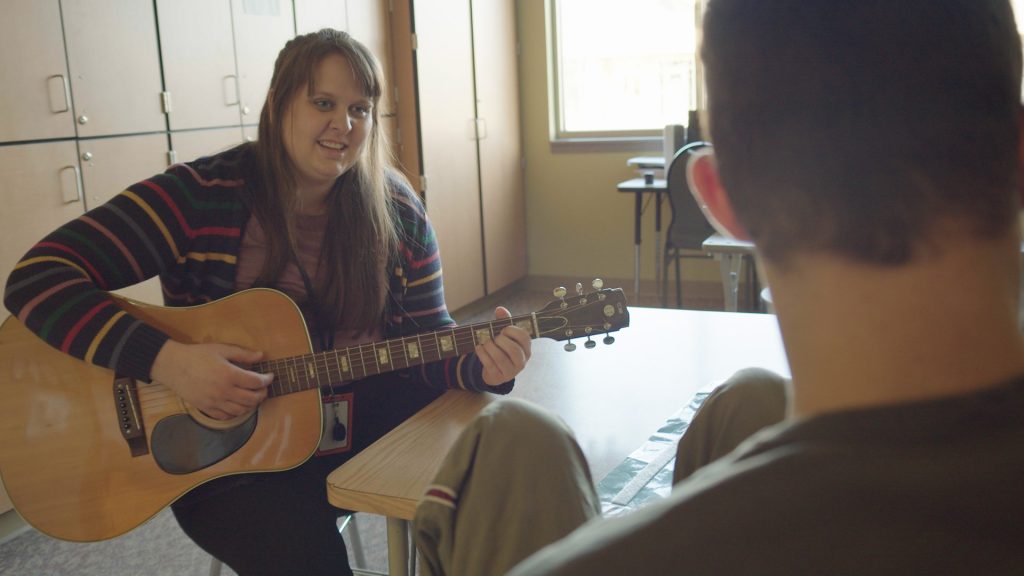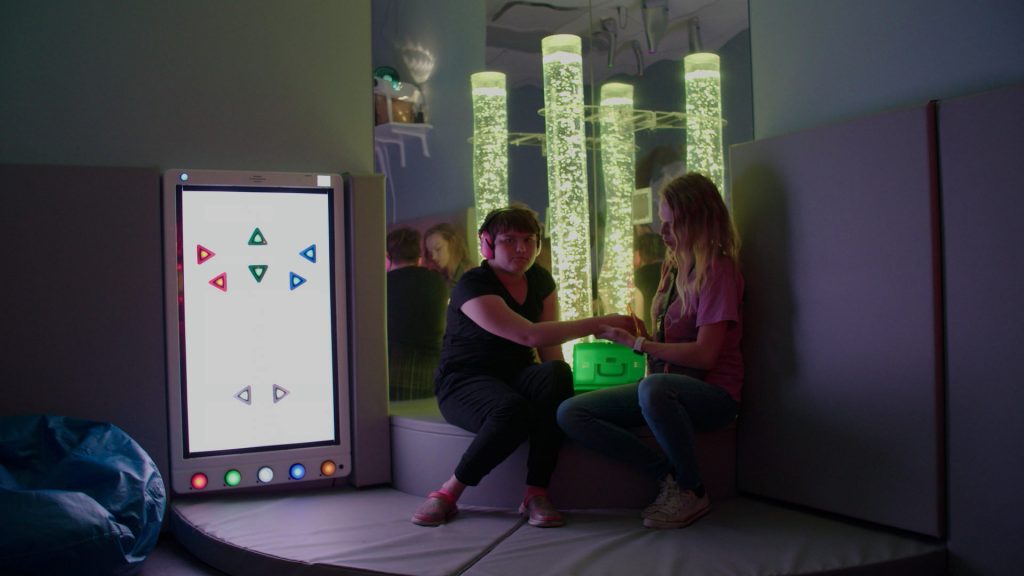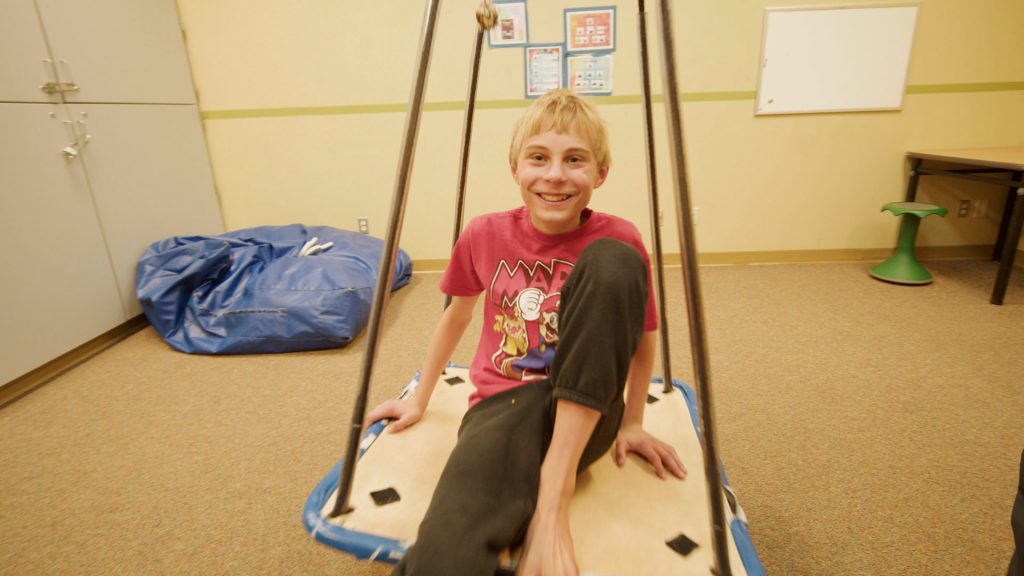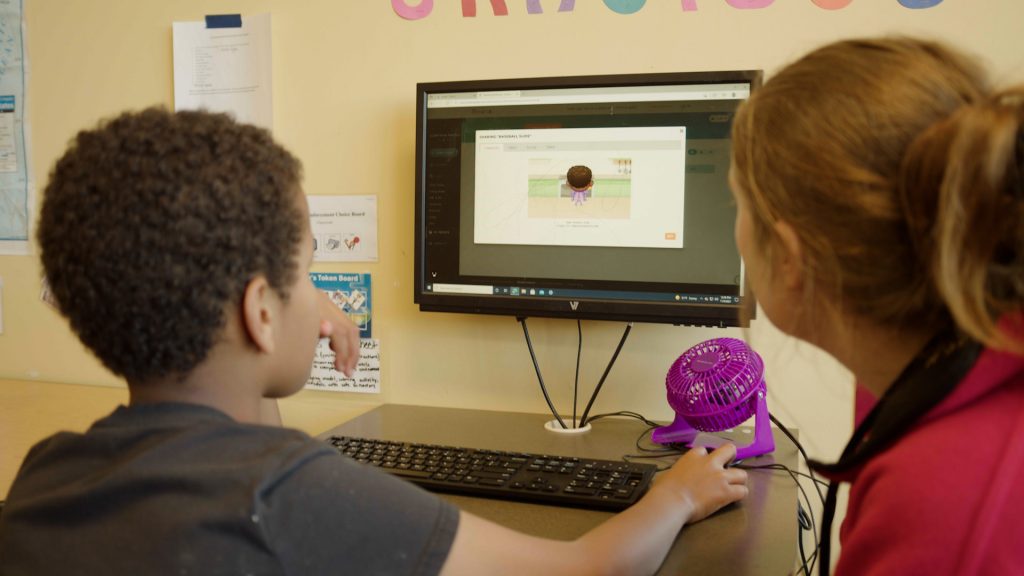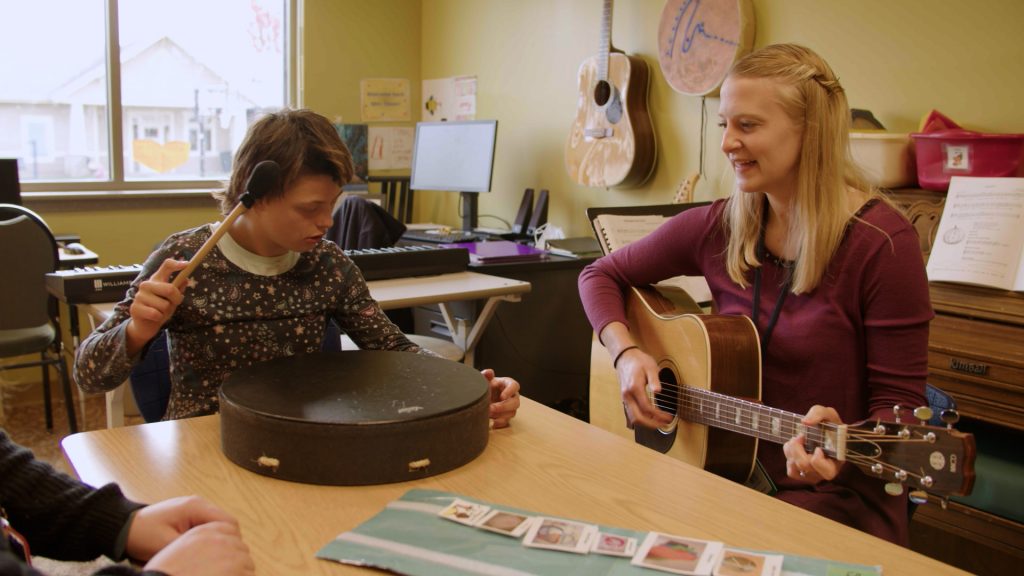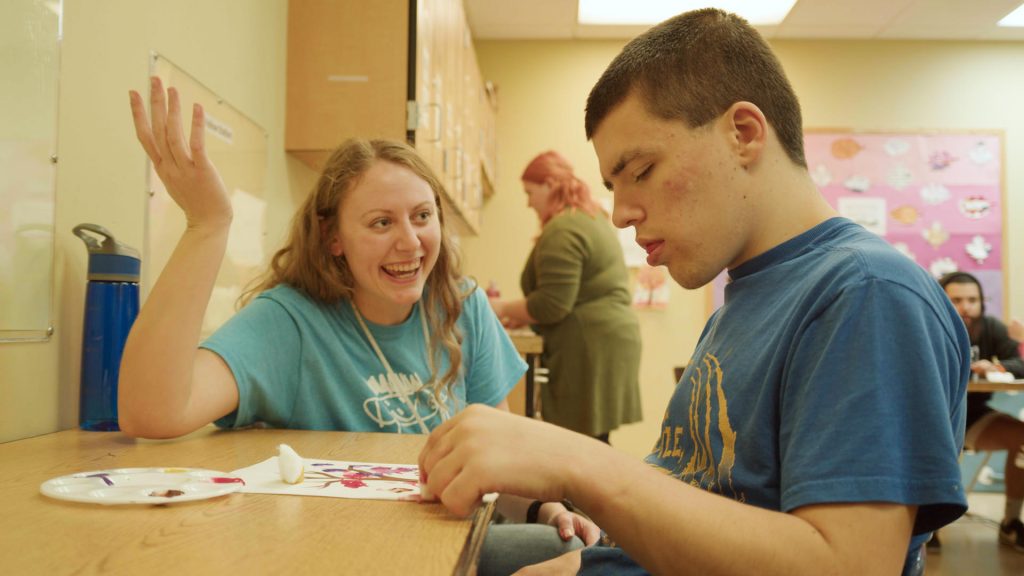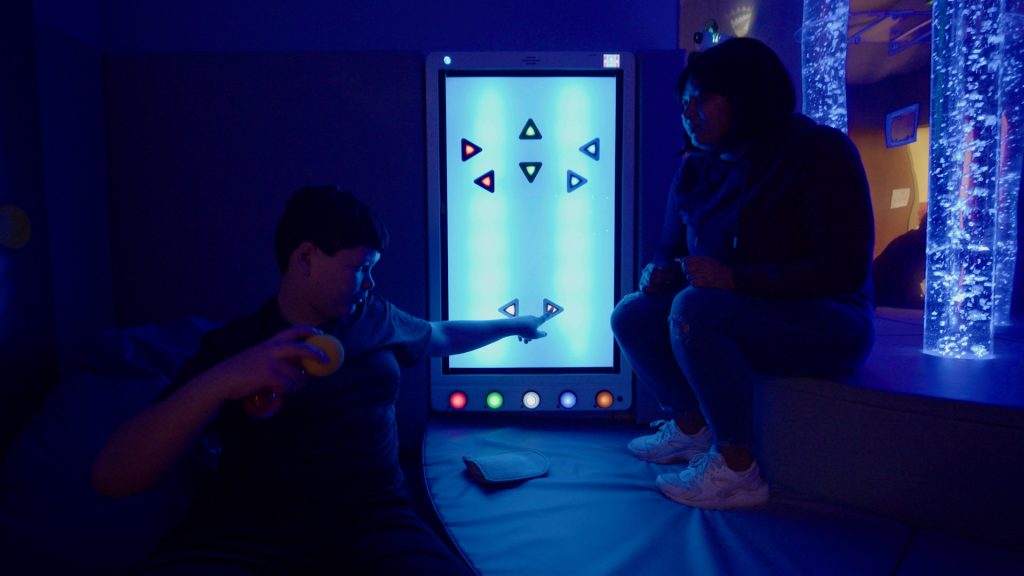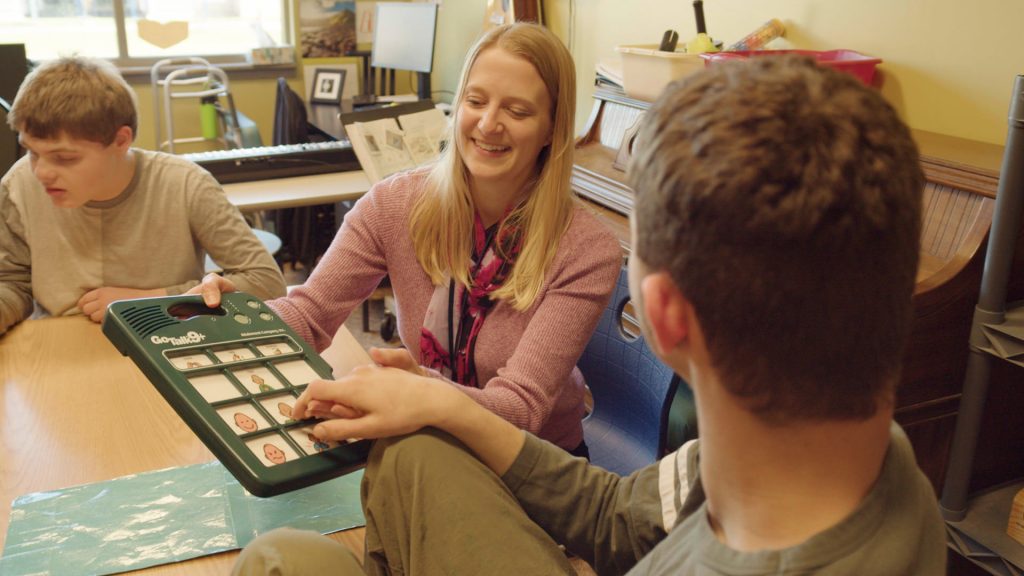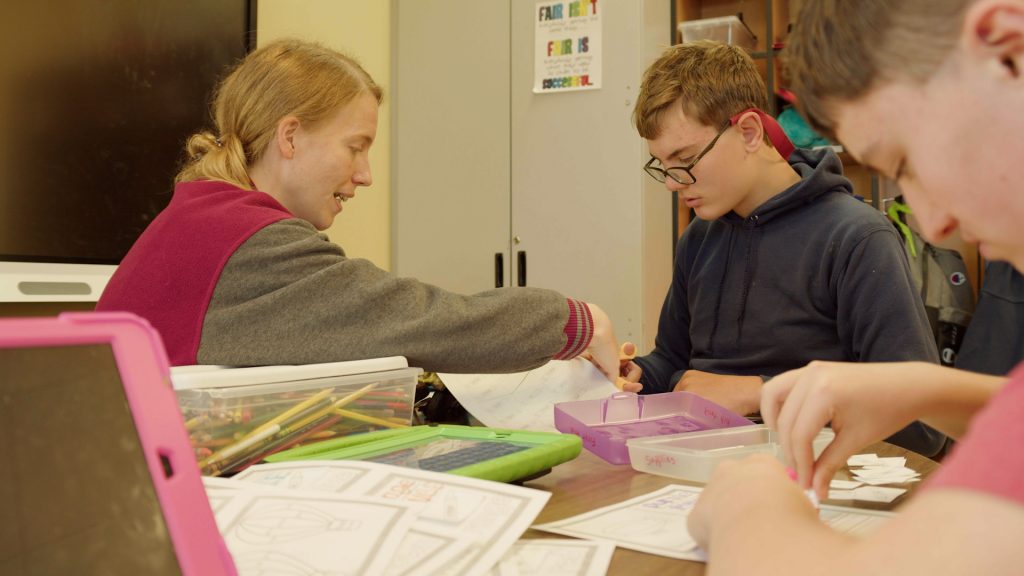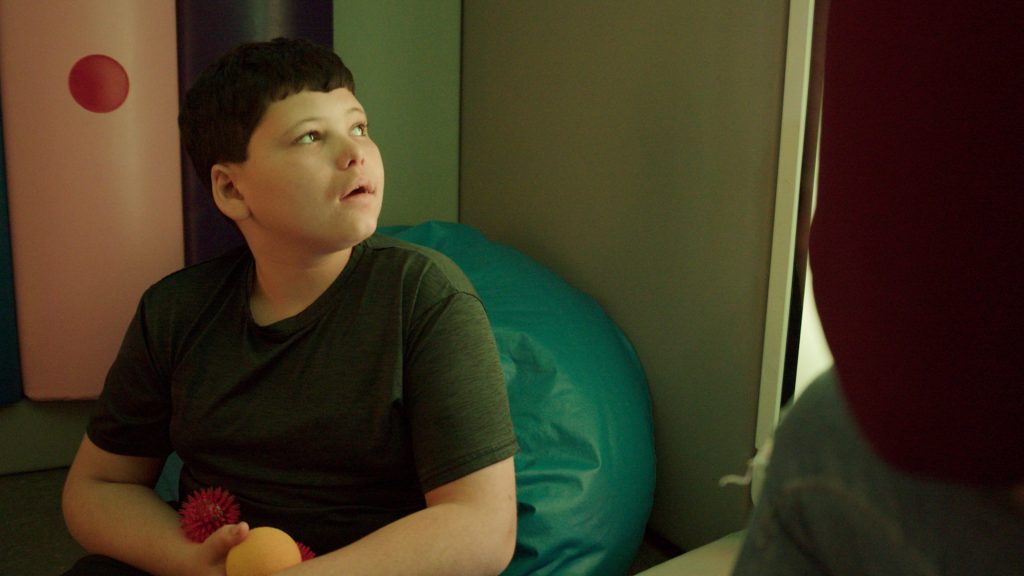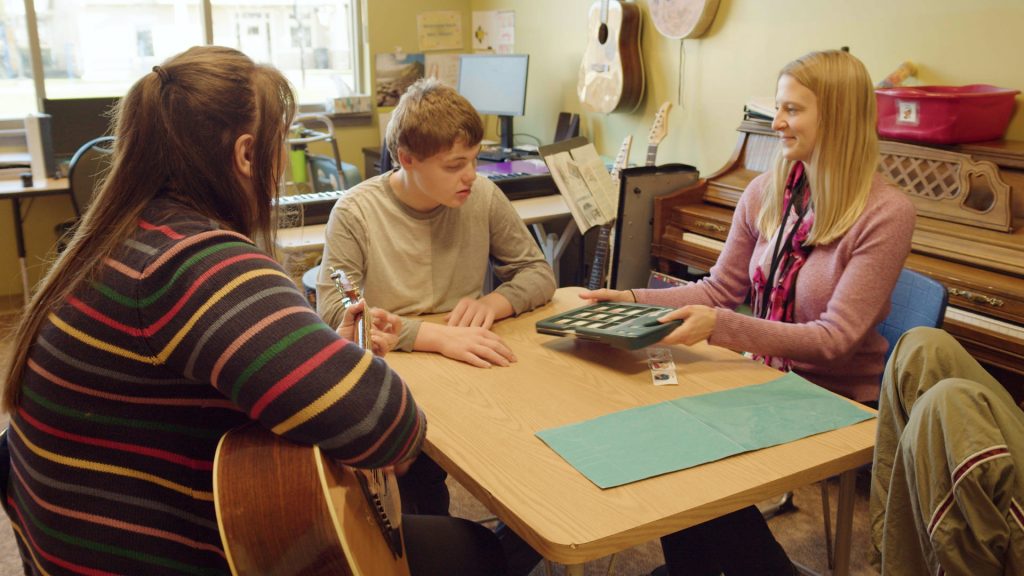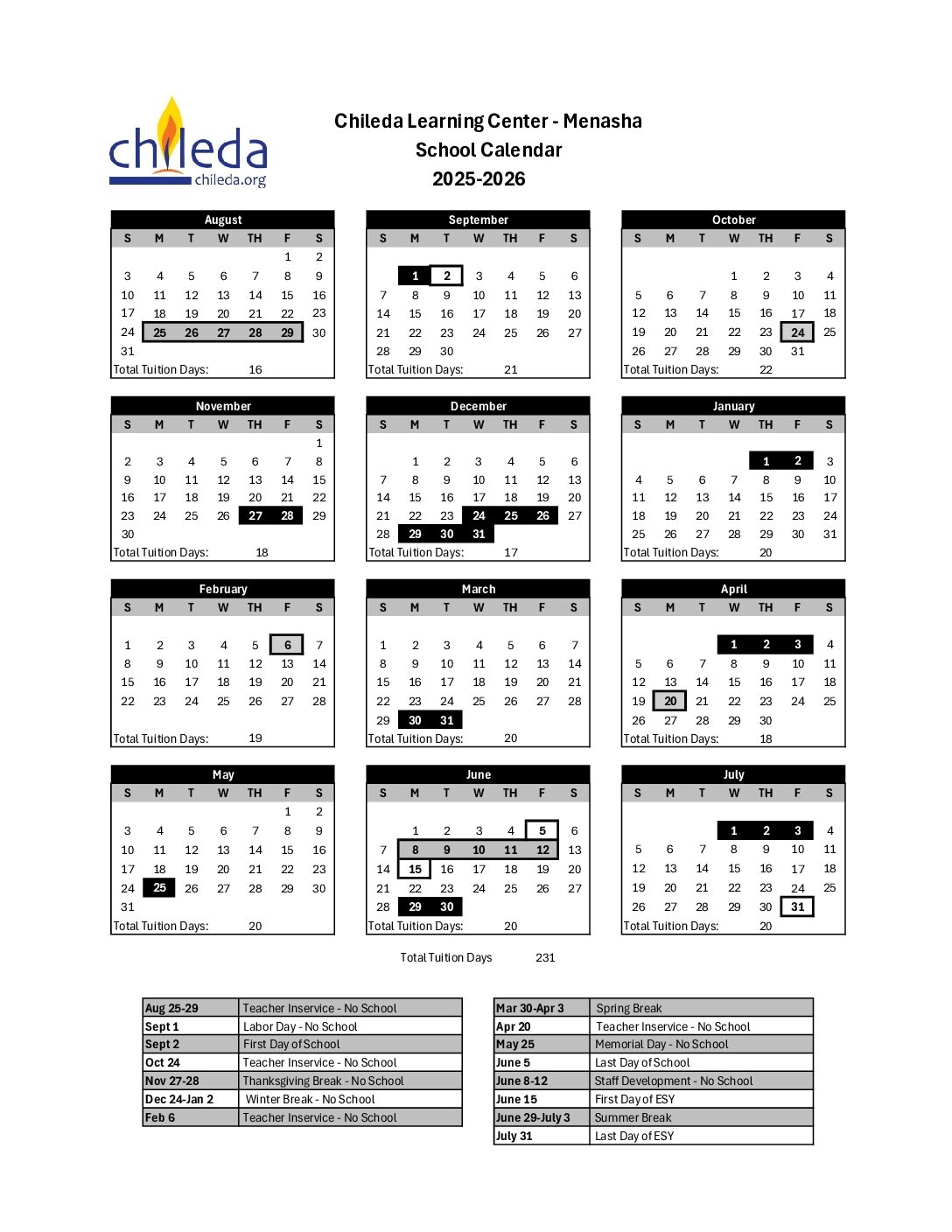A.) Student information will be collected and entered into the student management system upon enrollment.
B.) Medication administration forms will be completed before enrollment (for any student taking medication during the school day).
C.) Current student IEPs from the LEAs will be adopted for the first 30 days.
D.) The External team will determine the calendar that the student will follow (Chileda’s, the School District’s, or a Hybrid format)
E.) Each school district will work to ensure that transportation is scheduled for enrolled students.
F.) School districts will need to determine how they would like the IEP process to be executed (Note: In both options, the school district is responsible for maintaining the finalized copy of student IEP).
- Option 1 – Chileda staff writes the IEP documentation and presents the IEPs at meetings. A copy of the IEP is sent to the school district to enter into their IEP management system.
- Option 2 – Chileda staff provide all needed information to the school district staff. School district staff write and present the IEP documentation at meetings and enter the information.
G.) The team will schedule the 30-day IEP meeting.
